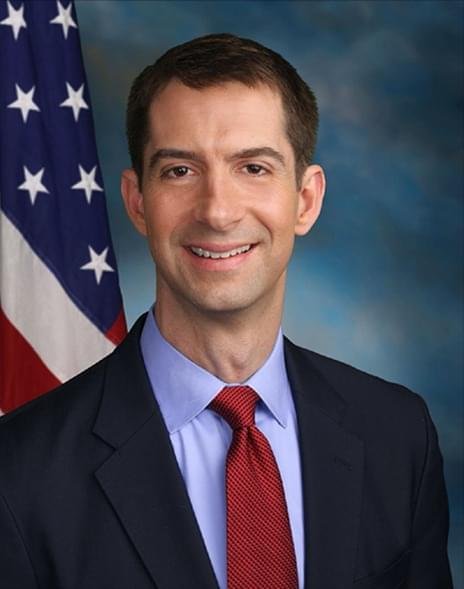WASHINGTON – U.S. Senators John Boozman (R-AR), Kevin Cramer (R-ND) and Committee on Environment and Public Works Ranking Member Shelley Moore Capito (R-WV) led 27 of their colleagues in filing a bicameral amicus brief in the U.S. Court of Appeals for the Sixth Circuit opposing a final rule from the Federal Highway Administration (FHWA) that requires state departments of transportation and metropolitan planning organizations to measure greenhouse gas (GHG) emissions on the highway system and set declining targets for those GHG emissions. The brief requests that the Court uphold the April 2024, U.S. District Court decision finding that Congress did not grant the FHWA the authority to issue the rule.
The brief argues Congress explicitly debated providing the FHWA the necessary authority to issue this rule, but decided against doing so in the Infrastructure Investment and Jobs Act. The FHWA then intentionally misconstrued congressional intent and used unrelated statutory authorities to attempt to justify issuing its GHG performance measure rule. The lawmakers also contend the rulemaking is inconsistent with recent Supreme Court decisions paring back executive branch overreach, and that FHWA is ignoring principles of federalism at the expense of state governments to further its own policy agenda.
“Congress considered, and ultimately rejected, providing [FHWA] with the authority to issue a GHG performance measure regulation, but [FHWA] contorted ancillary existing authorities to impose one anyway,” the members argued. “In doing so, [FHWA] impermissibly usurped the Legislative Branch’s authority and promulgated the GHG performance measure without statutory authority delegated by Congress.”
“Put simply, when [FHWA] established a GHG performance measure regulation, it exceeded the powers Congress authorized. And it did so both at the expense of separation of powers and in violation of the Administrative Procedure Act,” the members continued.
Senate Republican Leader Mitch McConnell (R-KY) and Senators John Barrasso (R-WY), Mike Braun (R-IN), Katie Britt (R-AL), Ted Cruz (R-TX), Mike Crapo (R-ID), Steve Daines (R-MT), Joni Ernst (R-IA), Deb Fischer (R-NE), Lindsey Graham (R-SC), John Hoeven (R-ND), Cindy Hyde-Smith (R-MS), Cynthia Lummis (R-WY), Roger Marshall, M.D. (R-KS), Markwayne Mullin (R-OK), Pete Ricketts (R-NE), Jim Risch (R-ID), Mike Rounds (R-SD), Marco Rubio (R-FL), Rick Scott (R-FL), Tim Scott (R-SC), Dan Sullivan (R-AK), John Thune (R-SD), Tommy Tuberville (R-AL) and Roger Wicker (R-MS) – as well as U.S. Representatives Sam Graves (R-MO-06), Chairman of the Transportation and Infrastructure Committee, and Rick Crawford (R-AR-01), Chairman of the Highways and Transit Subcommittee – also cosigned the brief.
Full text of the amicus brief is available here.
Background:
Shortly after the rule was finalized, 21 state attorneys general, including Arkansas, filed litigation challenging the regulation. The U.S. District Court found the Biden administration rule to be illegal, but FHWA appealed the decision to the Sixth Circuit Court of Appeals and it remains under further consideration.
In April of this year, the U.S. Senate approved a Congressional Review Act (CRA) joint resolution of disapproval overturning the rule by a vote of 53-47. The bipartisan measure was led by Cramer and cosponsored by Boozman, Ranking Member Capito and dozens of their colleagues.







